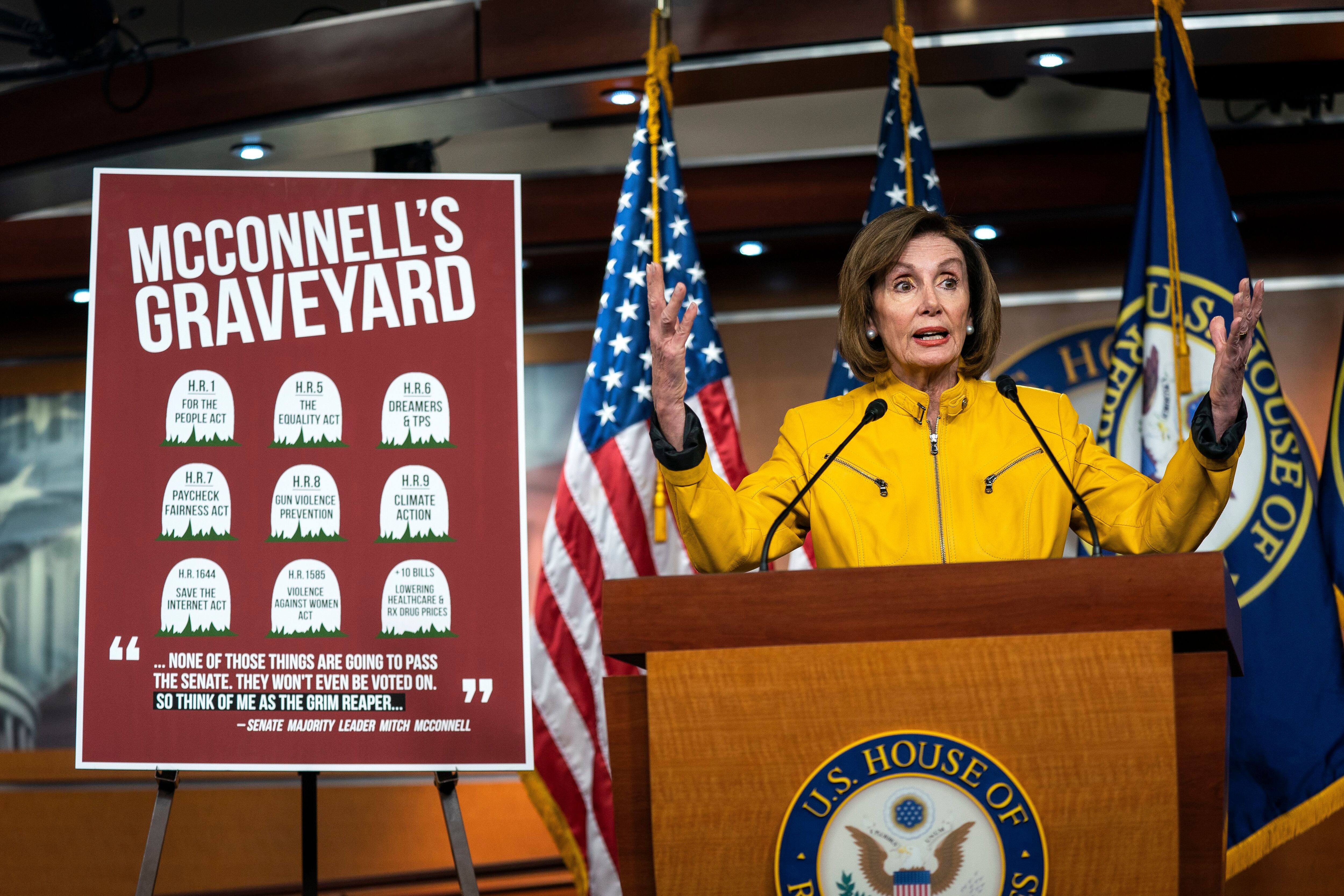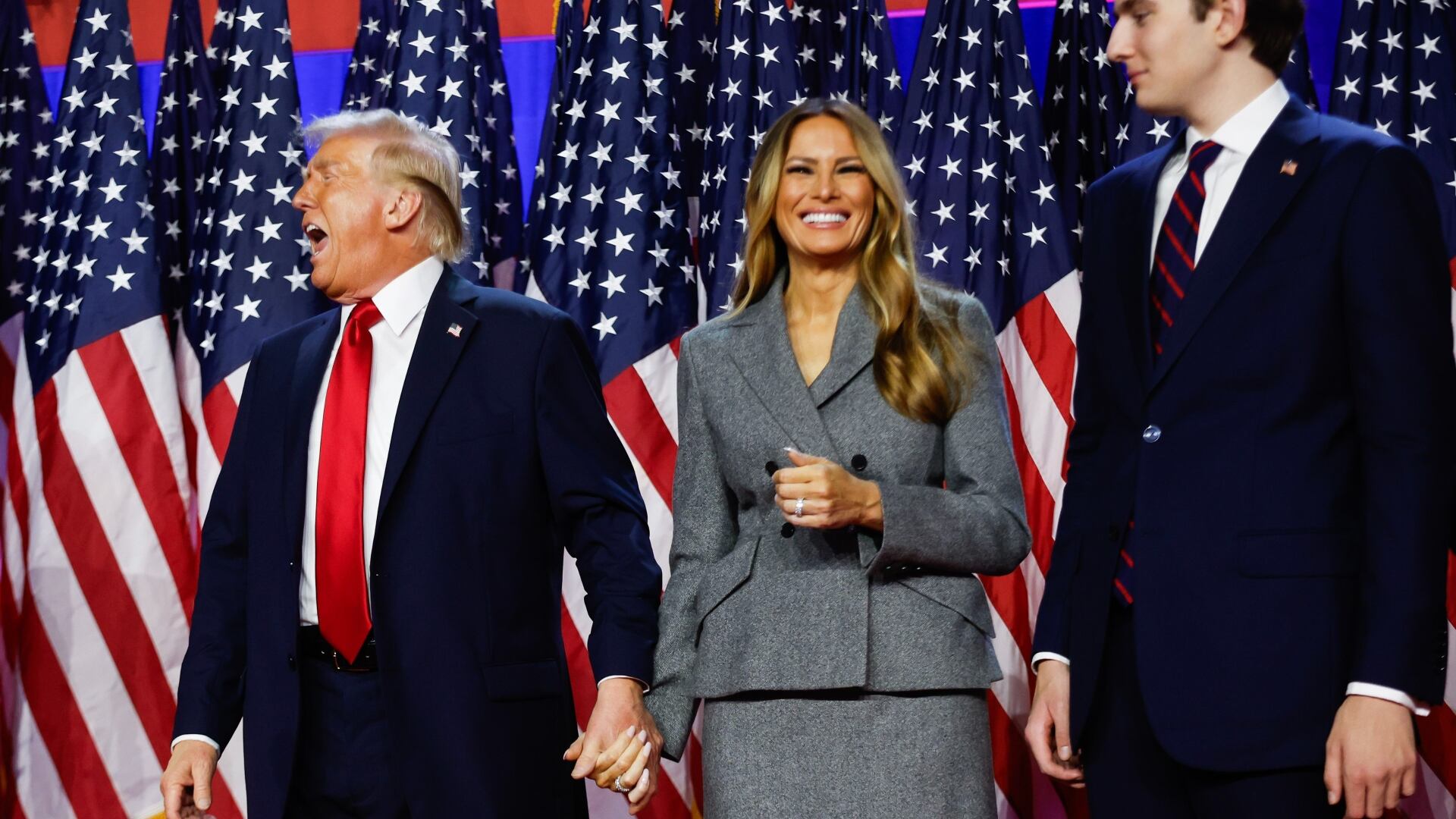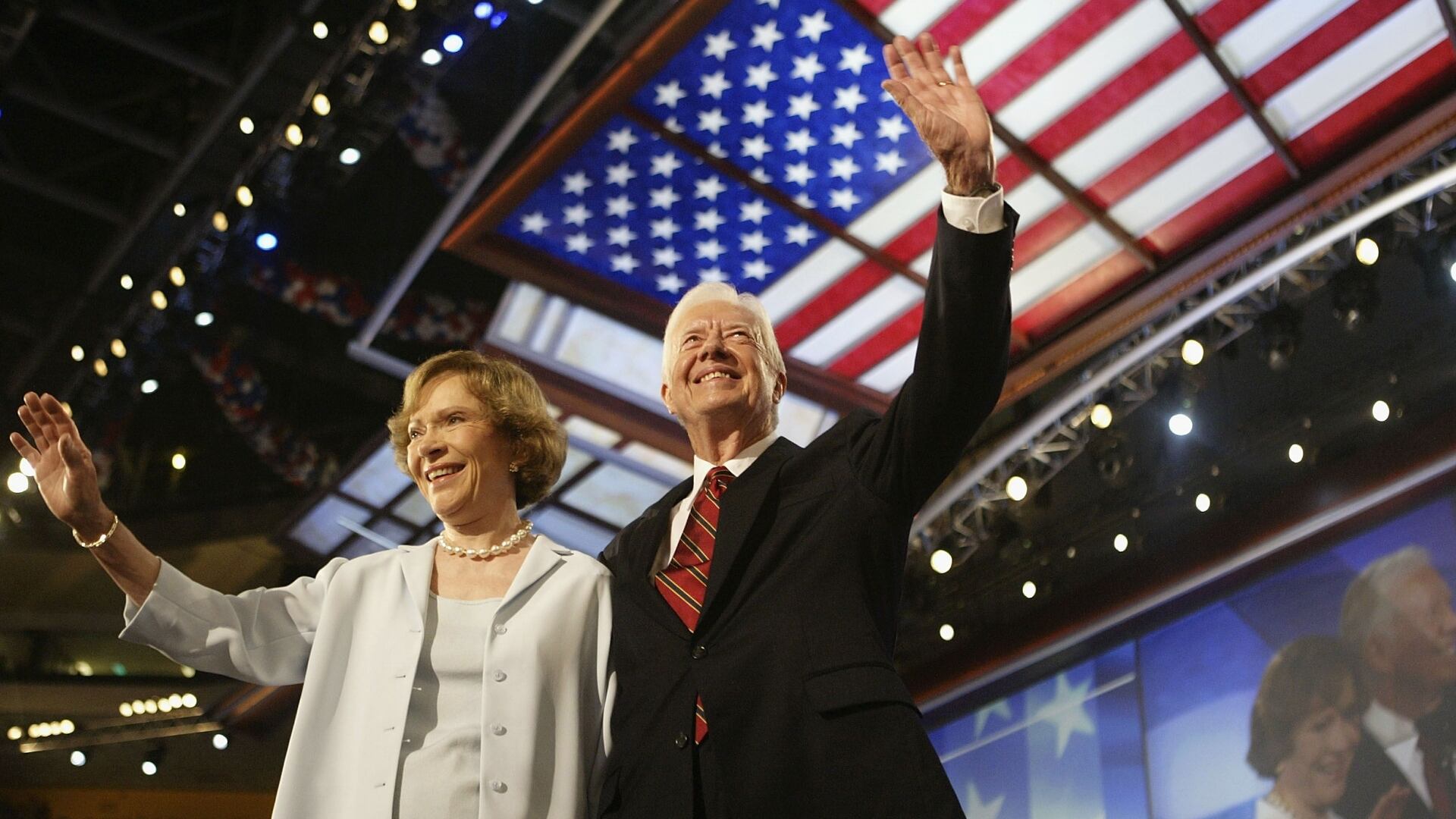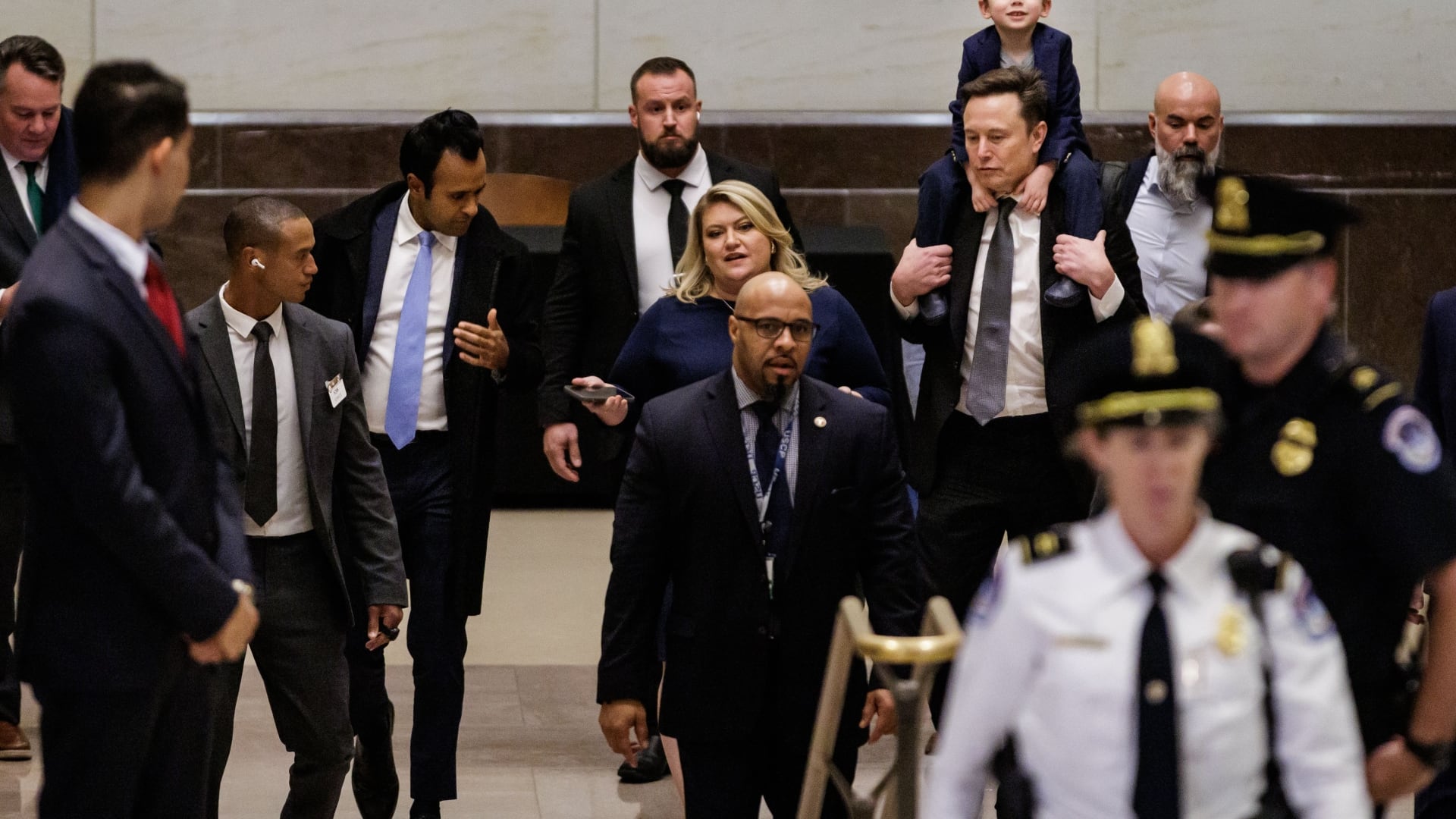Around some Democratic circles, Mitch McConnell's GOP-controlled Senate has become known as a "Graveyard," where bills go to die. Despite Republican stonewalling on some of the Democratic-controlled Houses's legislative priorities in the 116th Congress - like the For The People Act or the Equality Act - House Majority Whip Jim Clyburn stays focused on his district and uplifting communities disadvantaged by the technological changes of the 21st Century.
"We have to make America's greatness accessible and affordable," Rep. Jim Clyburn (D-S.C.) told Cheddar.

For Clyburn, improving American communities starts with the basics. He wants to make healthcare and housing more affordable and has a specific plan to build up broadband infrastructure in rural areas.
"Healthcare is number one," Clyburn said. "I represent a state that refused to expand Medicaid, which is a significant block of delivering healthcare to low-income people in my state."
As 2020 presidential candidates debate how to reinvent affordable, and perhaps even universal, healthcare coverage in America, Clyburn wants to start smaller, focusing on communities.
Clyburn spoke about his plan to expand "telemedicine" - broadband healthcare access to rural areas.
"We are not going to be able to save these rural hospitals to effectively deliver healthcare to rural communities unless we have, what I call, telemedicine," he said.
Broadband deserts, as they are known, impact the lives of more than a half-million South Carolinians, or about 11 percent of the state's population, according to the most recent report from the Federal Communications Commission in 2016. These deserts affect not only healthcare, but also education and workforce development.
Although every school in the country is required to have high-speed internet access, poor internet access at the home can impact a child's ability to get homework done.
"Broadband in these communities is just a top priority," Clyburn said, stressing its importance to healthcare and education. "So many young people [are] going to parking lots of fast food places and other places to do their homework because they do not have internet available to them in their communities."
Yet before Clyburn can get to his policy agenda, he will host his "World Famous Fish Fry" in Columbia, South Carolina on Friday. The event, which occurs every four years and had become a necessary campaign stop for any presidential hopeful, will be attended by 22 of the 23 Democratic candidates.
"This is to give them a beyond-ordinary opportunity to rub shoulders, to maybe dance to the 'Electric Slide,' for someone who could very [well] end being President of the United States," Clyburn said. "That is what happened when Bill Clinton came to the Fish Fry, when Barack Obama came to the Fish Fry, and hopefully one of these 22 people who are gonna be here tomorrow will end up President of the United States."













